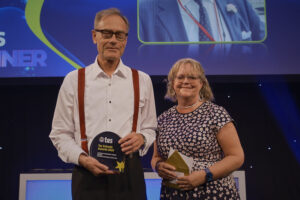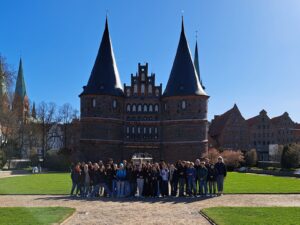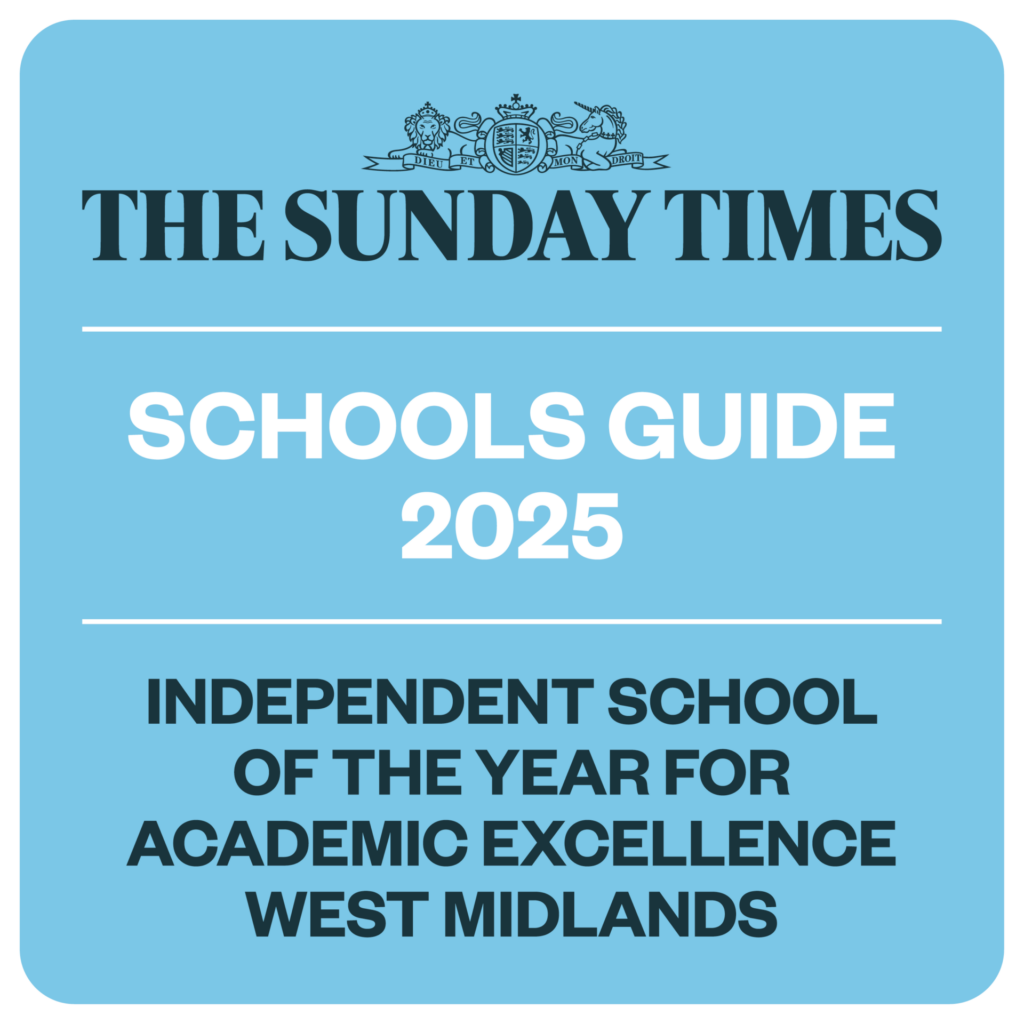Lewis Dartnell will be delivering the 2019 Parents’ Association Lecture on Thursday 3rd October 2019, speaking about the origins and future of our planet. He will consider how much longer we can continue to exploit the world’s resources and the impact of such exploitation on humanity’s future. His latest book, Origins: How the Earth Made Us, is a Sunday Times bestseller. Our audience can expect a fascinating lecture as Professor Dartnell weaves together the scientific disciplines of geology, geography, anthropology, physics, chemistry, biology, astronomy and history. Lewis Dartnell graduated from the University of Oxford with a First Class degree in Biological Sciences and completed his PhD at University College London in 2007; his thesis has since been reprinted by academic publishers under the alluring title of Martian Death Rays. He now holds the Professorship in Science Communication at the University of Westminster. His research is in the field of astrobiology and the search for microbial life on Mars.
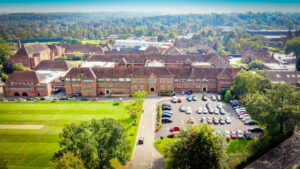
KEHS named best value independent school
King Edward VI High School for Girls has been named the UK’s best value independent school for 2025 by The Telegraph, recognising its outstanding academic results, facilities and commitment to accessibility.
